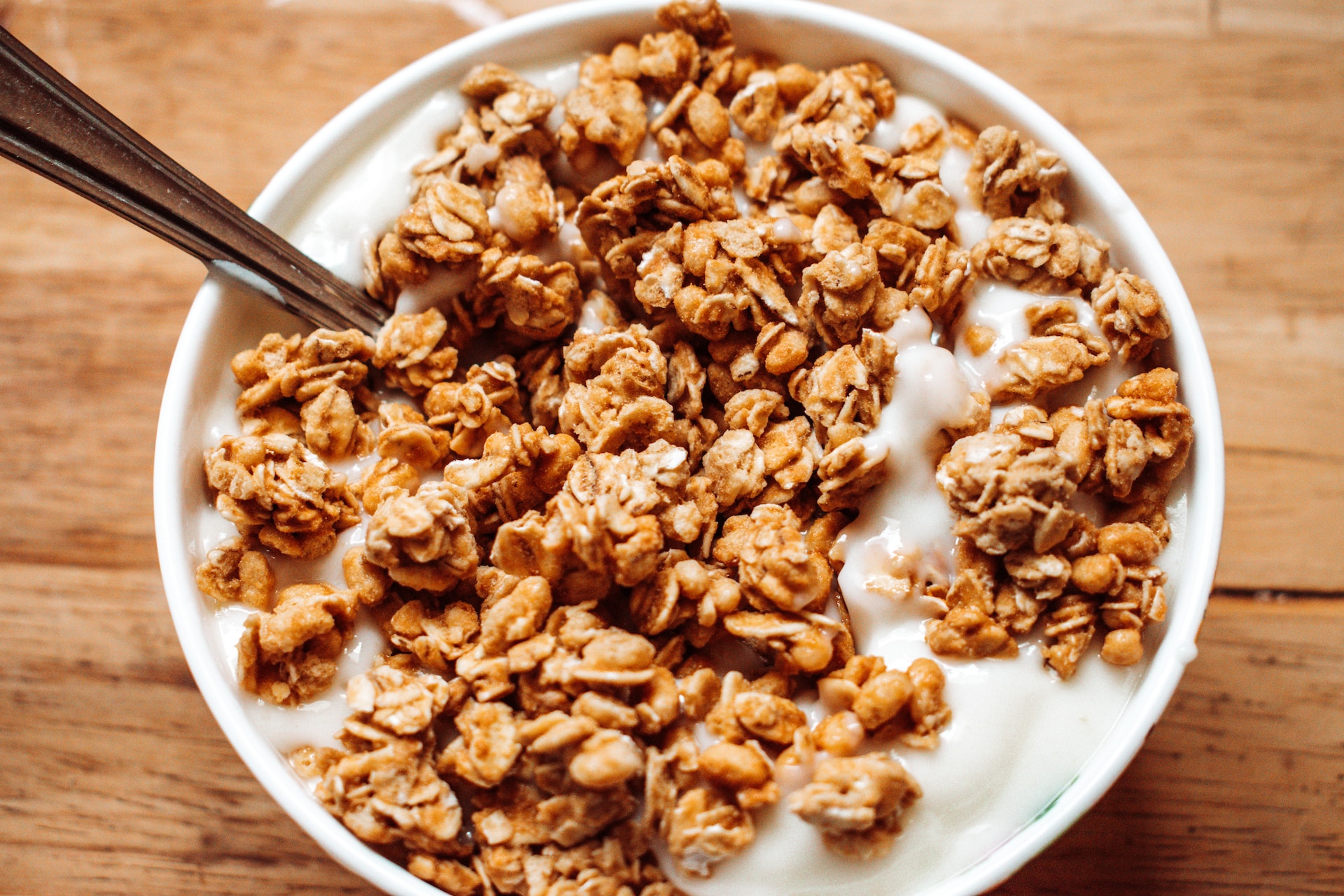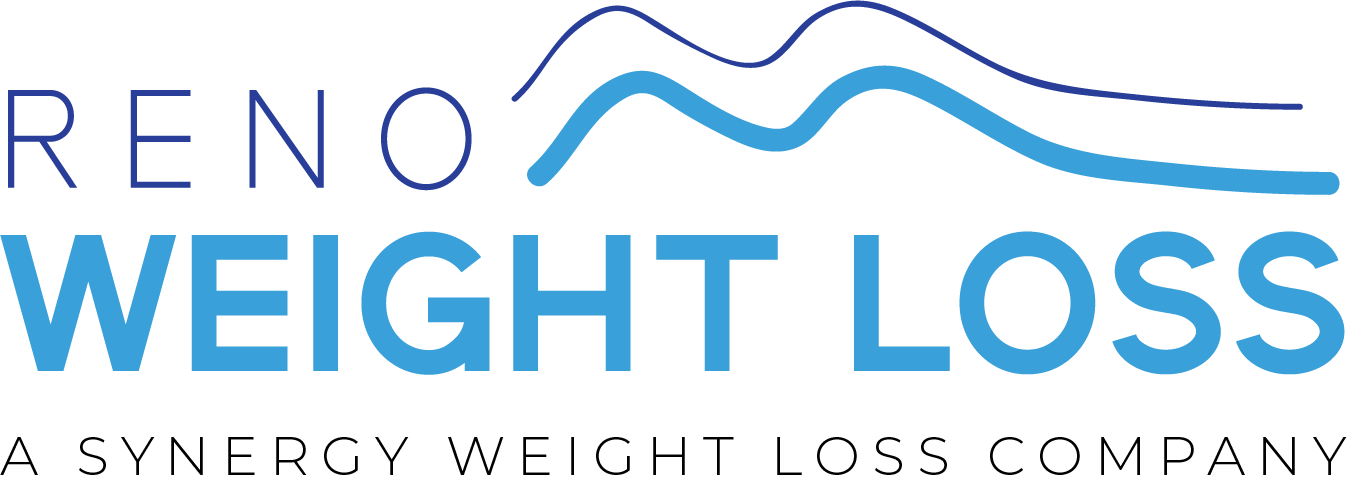
Why Fat in Your Diet is Good for Weight Loss
You may think that eating fatty foods is bad for weight loss, but it actually isn’t! Healthy fats are essential for staying fit and strong. Eating the right types of fat can even help with managing your weight.
Many studies have shown how good fats like monounsaturated and polyunsaturated acids limit cravings while aiding in breaking down excess body fat. Different kinds of oils, like olive oil or nut oils, contain loads of health benefits, from better skin to improved heart health! So don’t be afraid to add healthy fats to your diet today; you won’t regret it later on down the line when you start seeing results!
Benefits of Healthy Fats for Weight Loss
Contrary to popular belief, consuming healthy fats can be beneficial for weight loss. Fats help your body absorb essential vitamins and antioxidants such as A, D, E, K, lycopene, and beta-carotene.
These nutrients bolster overall health while promoting a more satisfying meal experience due to the fullness sensation they provide by stimulating cholecystokinin release during digestion. Experts advise obtaining 20–35% of total calories from fat sources to maintain optimal well-being. Selecting the right type of fat contributes significantly toward reaping these benefits.
Unsaturated fats are superior choices that promote cell-building and maintenance processes within our bodies while keeping harmful LDL cholesterol levels under control, an essential factor in preventing heart disease or stroke risks. Unsaturated fats mainly come from plant-based oils like olive oil or avocados and nuts and seeds rich in monounsaturated content. In contrast, polyunsaturated varieties derive primarily from omega-rich fish consumption (salmon, walnuts, and flaxseed, among others).
Different Types of Good Fats to Include in Diet
Incorporating healthy fats into your diet can benefit weight loss and support overall well-being. To reap these benefits, focus on adding monounsaturated and polyunsaturated fats to your meals.
Monounsaturated fats are known for their heart-healthy properties. They can help reduce bad cholesterol levels and lower the risk of heart disease. Good sources of monounsaturated fats include olive oil, avocados, and nuts (almonds, cashews, pistachios, and peanuts).
Polyunsaturated fats contain essential omega-3 and omega-6 fatty acids crucial to brain function and normal growth and development. They must be obtained from food since our bodies cannot produce them. Some excellent choices include oily fish (such as salmon), walnuts, chia seeds, flaxseeds, and soybean oil, providing an ample supply of these necessary nutrients.
A balanced intake of omega-3s promotes cardiovascular health by lowering triglyceride levels and improving insulin sensitivity. When planning meals, varied consumption of natural foods containing healthy fats assists in ensuring an optimal balance of energy and nutrient requirements. Replacing saturated and trans fats with better options doesn’t mean you have to feel deprived.
Complementing vegetable and whole grain-based dishes with lean protein selections creates tasty combinations for a nutritious meal. Research has demonstrated that those on a diet composed of high-quality, nutrient-dense foods eat less and are more nourished and satisfied, thus avoiding excessive calories and aiding in weight loss.
Impact on Cardiovascular Health and Metabolism
Two primary fatty acids found in some dietary fat sources are omega-3s and monounsaturated fats. Omega-3 fatty acids, abundant in fish oil, flaxseeds, and walnuts, benefit heart health by reducing inflammation.
These anti-inflammatory properties improve blood flow while preventing arterial plaque buildup, a significant risk factor for stroke or heart attack. On the other hand, monounsaturated fats are mainly found in olives, avocados, and nuts like almonds or cashews. They contribute positively to maintaining optimal lipid levels in the bloodstream.
As these unsaturated varieties of lipids substitute their saturated counterparts from food intake patterns, such as those typically derived through animal products, LDL (“bad”) cholesterol diminishes without significantly affecting HDL (“good”). Simultaneously, accelerating metabolism becomes another advantage embraced when consuming an adequate amount of healthier alternatives among one’s required daily fat intake. This metabolic surge facilitates efficient calorie burning amidst efforts towards shedding unwanted pounds and achieving weight loss aspirations.
Reno Weight Loss’ Advice about Healthy Dietary Fats
Incorporating healthy dietary fats into your meal plan is essential to successful weight loss. At Reno Weight Loss, our expert nutritionists advise clients to focus on consuming unsaturated fats found in wholesome foods instead of heavily processed items. Maintaining a balanced diet that includes these beneficial fats makes you more likely to experience long-lasting results.
Unsaturated fat sources such as avocados, nuts, and seeds can be easily added to daily meals or used as nutrient-rich snacks between meals. Cooking with oils like olive and canola enhances flavor and contributes valuable nutrients that promote overall well-being. Including fatty fish rich in Omega-3s, such as salmon or sardines, in your weekly menu provides excellent health benefits besides supporting effective weight management efforts.
This promotes better brain function while lowering inflammation throughout the body. While it’s true that moderation plays a vital role when incorporating any kind of fat into one’s eating regimen, making informed choices about which types are consumed has far-reaching implications for general wellness, along with shedding unwanted pounds.
How Much Fat is Needed for Proper Weight loss?
While fat is essential for optimal health, the types of fat consumed play a significant role in weight loss efforts. Emphasizing unsaturated fats found in nuts, seeds, avocados, and fish helps promote satiety and support a healthy diet plan.
Monounsaturated fatty acids (MUFAs) and polyunsaturated fatty acids (PUFAs), such as omega-3s found in salmon or flaxseeds, provide numerous benefits, like reducing inflammation and improving heart health. Conversely, consuming excessive saturated fats from sources like red meat may raise cholesterol levels, leading to potential cardiovascular problems. Thus, moderation is key when incorporating these into your meal plans.
To monitor fat consumption during weight loss endeavors effectively, ensure that you consume predominantly MUFAs and PUFAs while limiting the intake of unhealthy trans-fats in fried foods or processed snacks with hydrogenated oils.
Eating the right amount of healthy fats can be beneficial for weight loss endeavors. At Reno Weight Loss, we recommend including foods like avocados, nuts, and fatty fish in your diet, as they all help you stay full longer while providing essential nutrients that promote overall health. Additionally, monounsaturated and polyunsaturated fats prevent inflammation, which might otherwise cause cravings or lead to overeating due to feeling deprived—both important factors when trying to lose weight.

